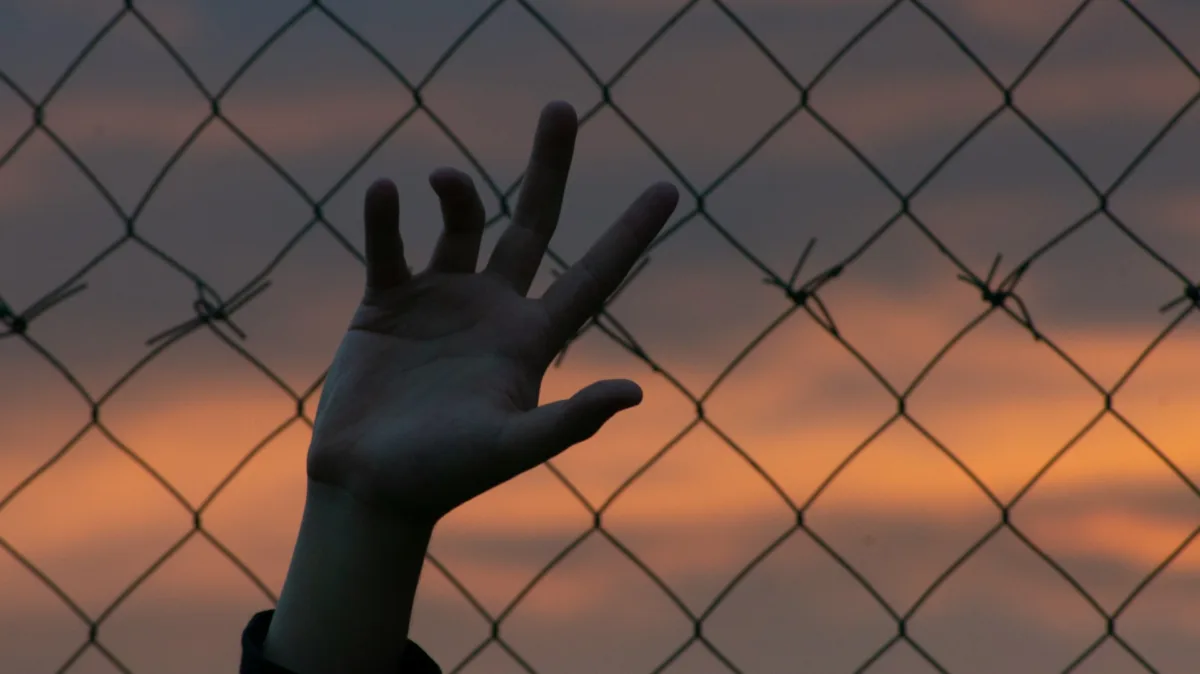
Corridors of Contagion: How the Pandemic Exposed the Cruelties of Incarceration
The term short staffing is a euphemism to divert attention from the state’s continued addiction to incarceration.

The term short staffing is a euphemism to divert attention from the state’s continued addiction to incarceration.

Despite sentencing reforms, hundreds of thousands of people who have been incarcerated over the last several decades are ineligible for parole.
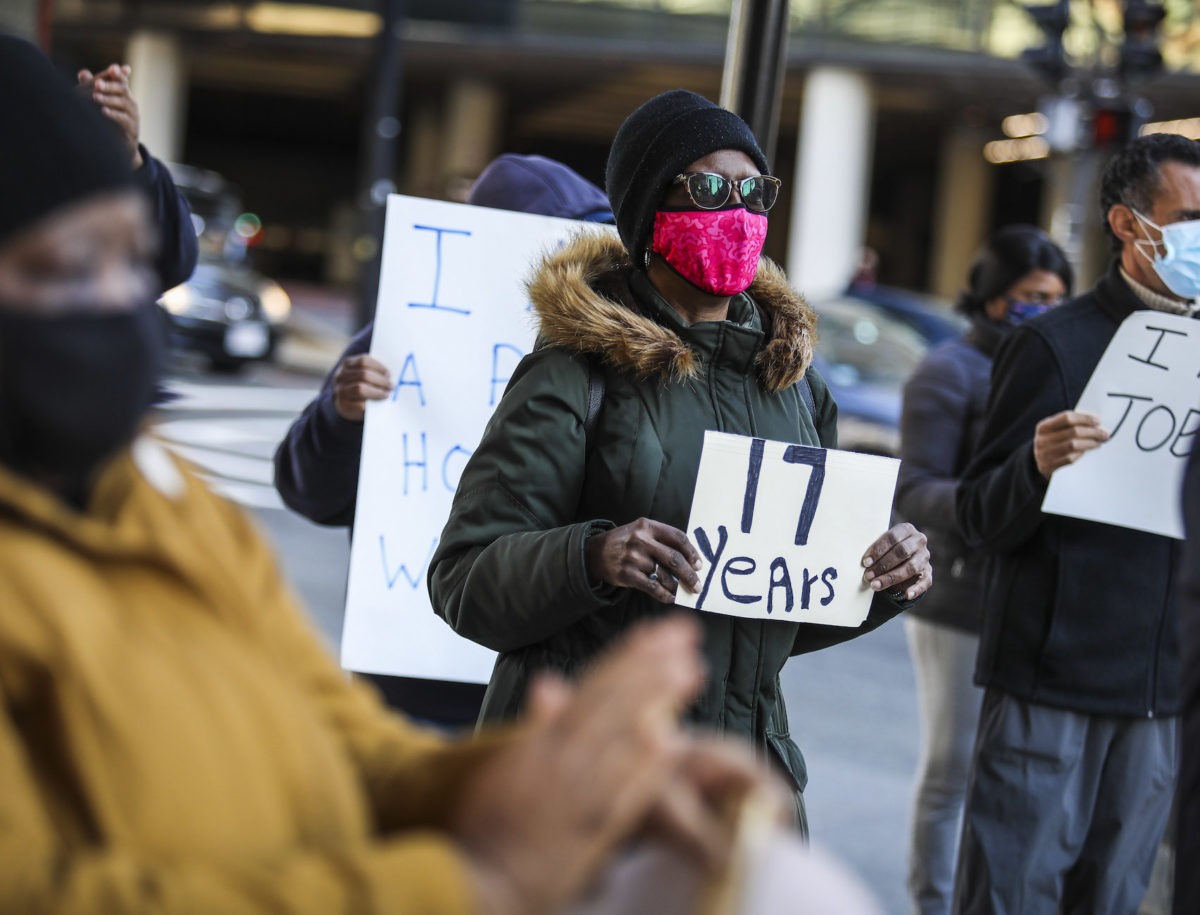
Biden’s American Rescue Plan is a start, but more public investment is needed to address racial inequality in the labor market.
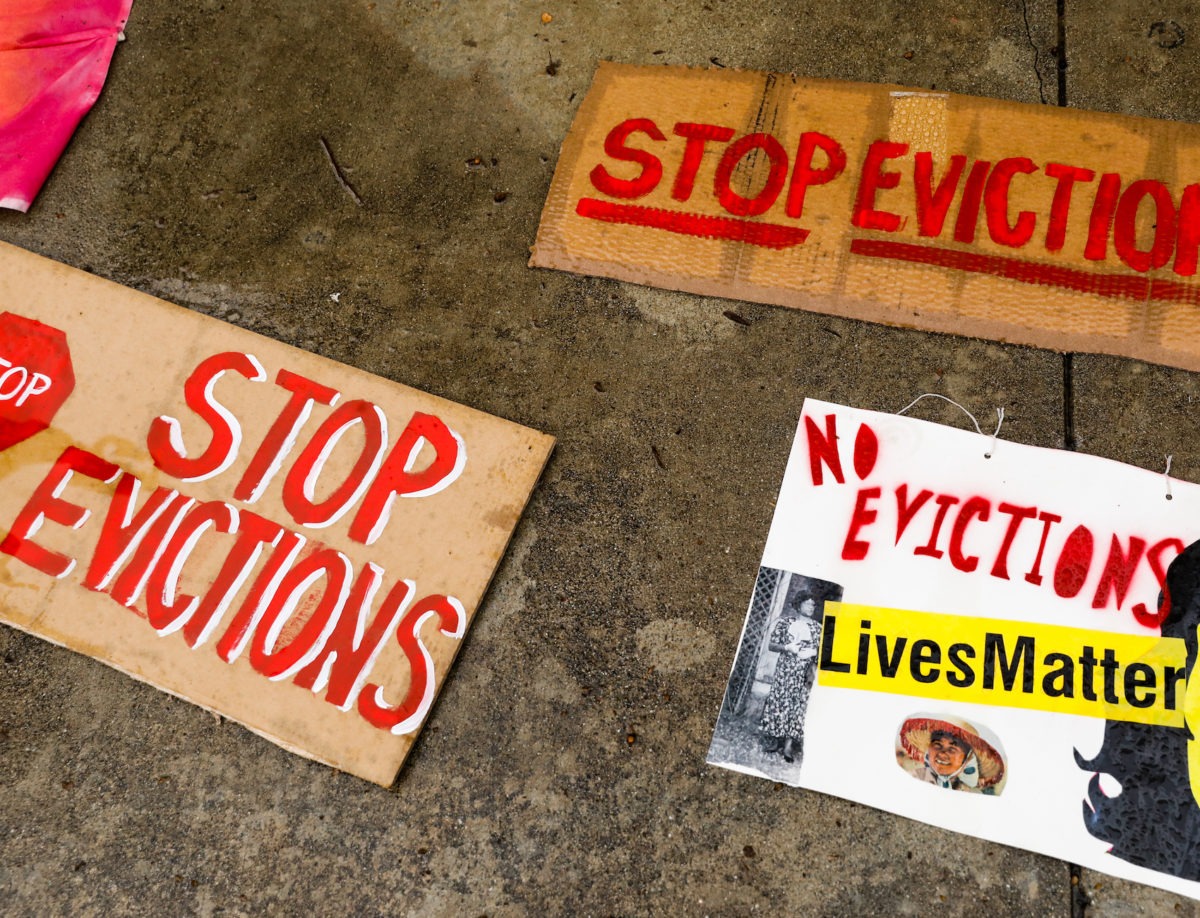
Policies that helped keep people in their homes—and keep the utilities on—reduced COVID-19 deaths and infections.
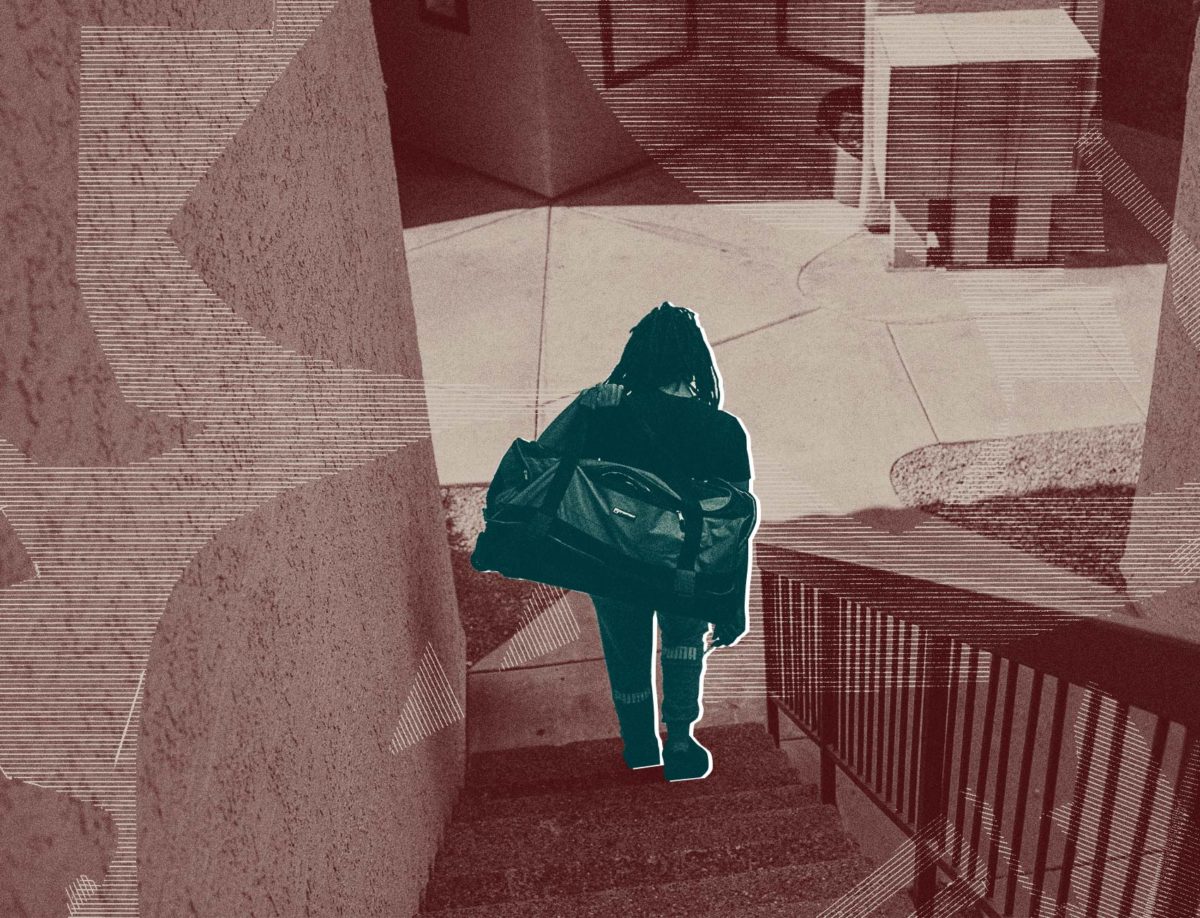
Landlords have continued forcing renters out of their homes, despite a patchwork of protections from federal and local governments. Now, with the CDC moratorium set to expire on Dec. 31, millions of Americans could be evicted.
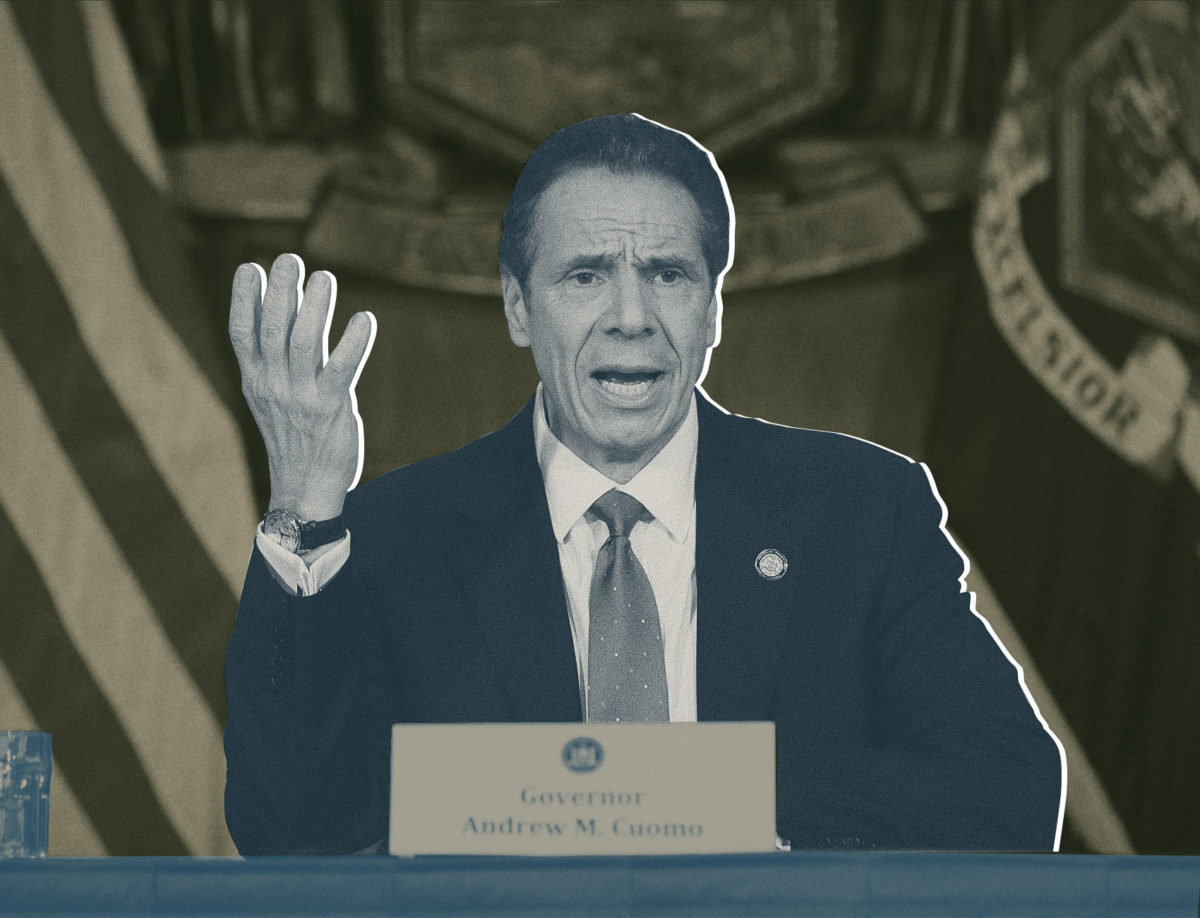
Progressive lawmakers and activists say Cuomo has failed to adequately protect those who are out of work, at risk of losing their homes, or living behind bars, where the virus has spread rapidly.
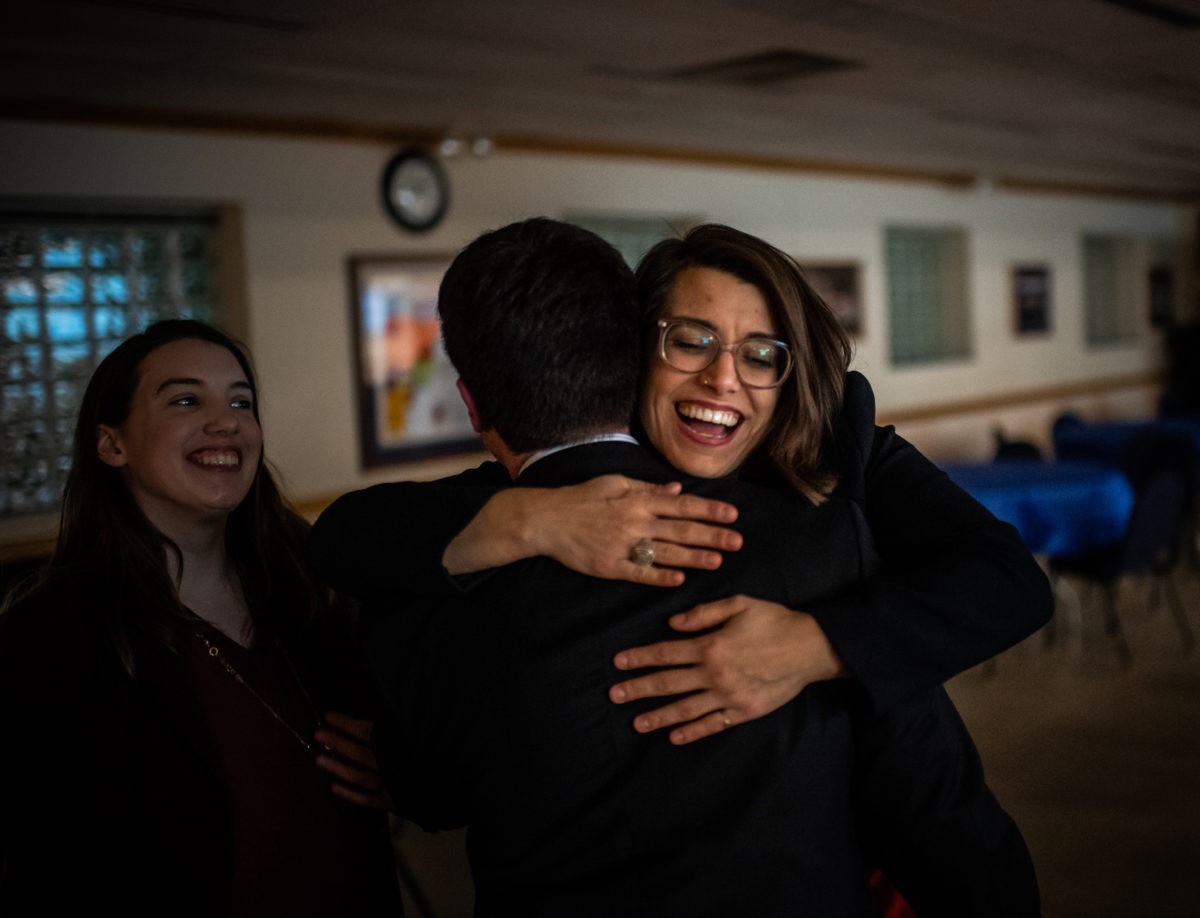
The state representative wants to bar landlords in Pennsylvania from reporting missed or late rent payments to credit agencies.
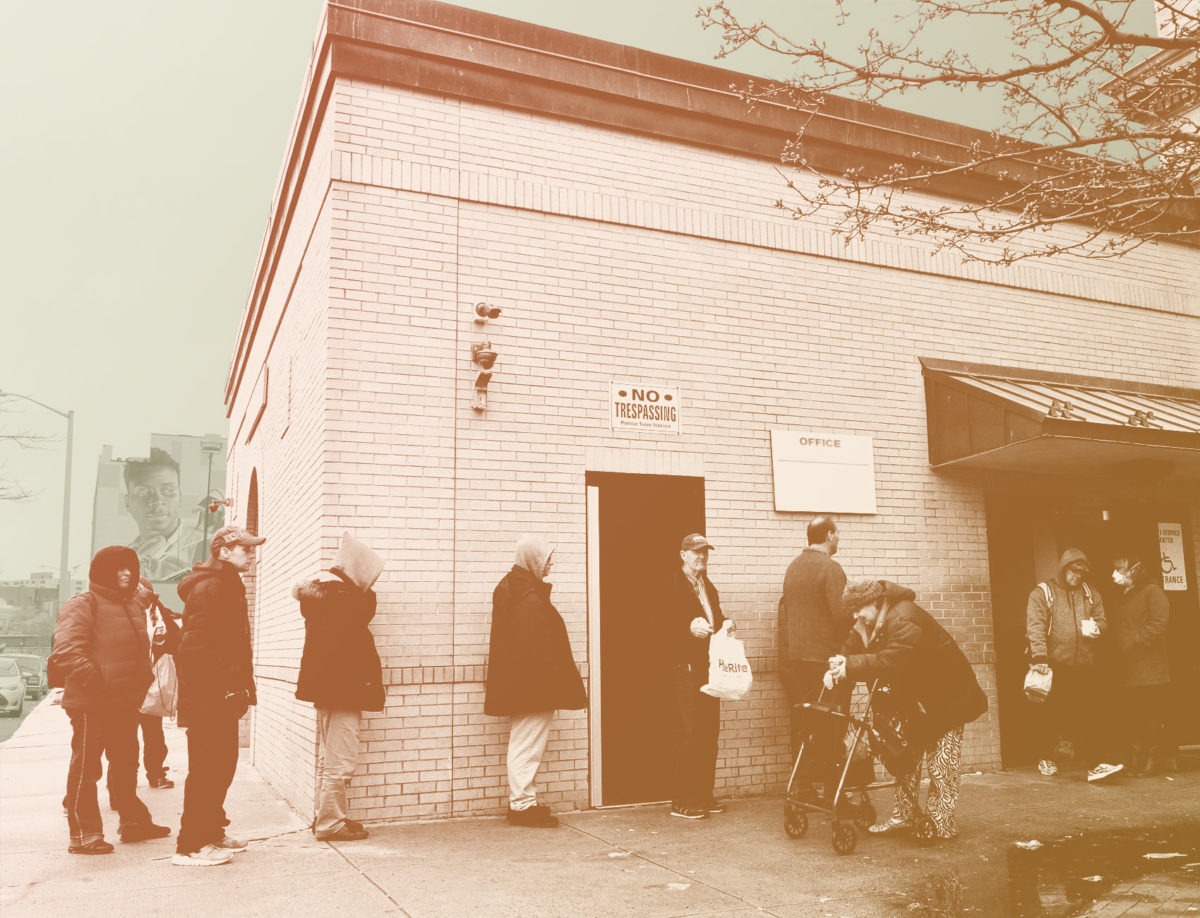
Food insecurity is not an acute emergency, but rather a chronic condition for low-income Americans that existed long before the current public health emergency.
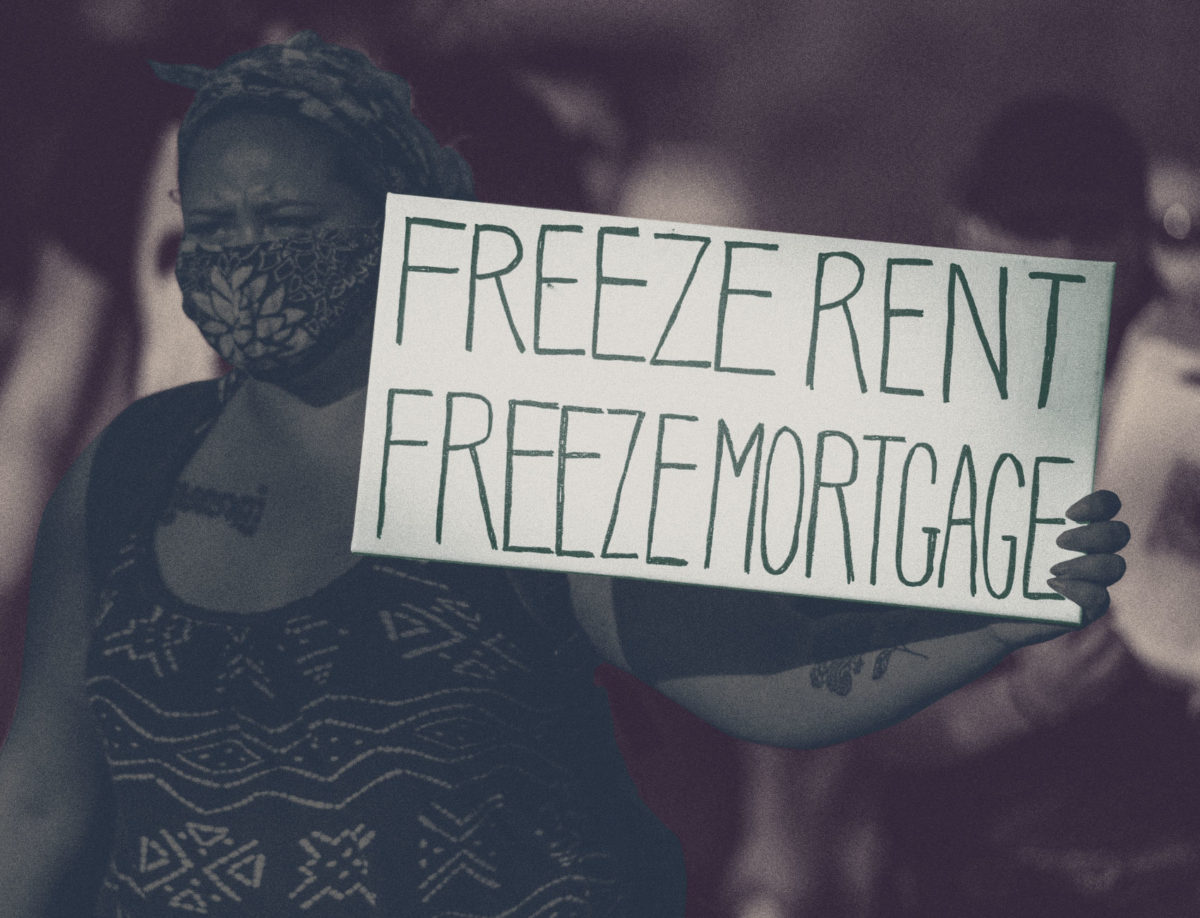
Housing rights activists in California are pushing for taxation of rich residents to help the hundreds of thousands of people who may be at risk of losing housing after COVID-19 eviction restrictions end.
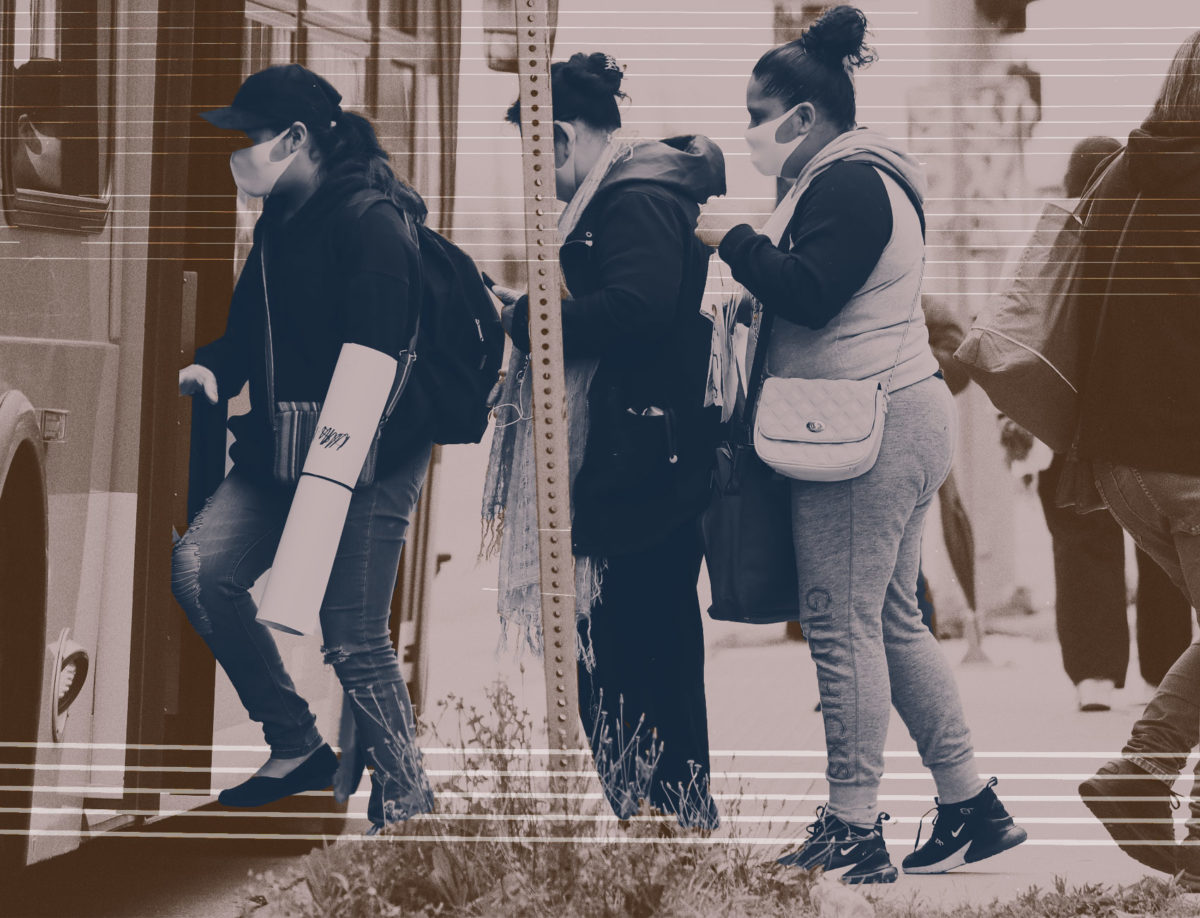
The nation has an opportunity to take advantage of this transformative event and pursue an alternative to the current system.
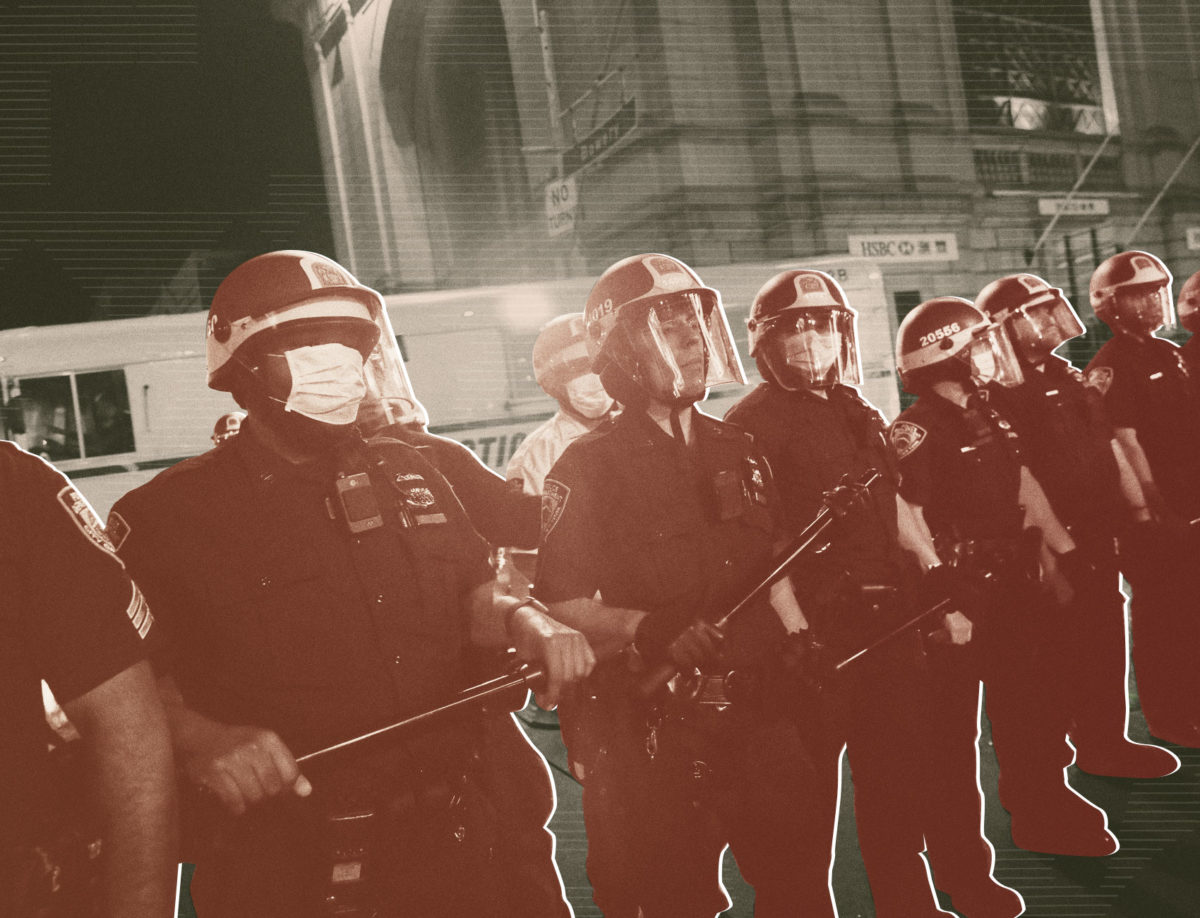
Yes, we must radically transform policing in America. But we cannot stop there. We must transform the pervasive systems of economic and carceral injustice that are choking our common life.
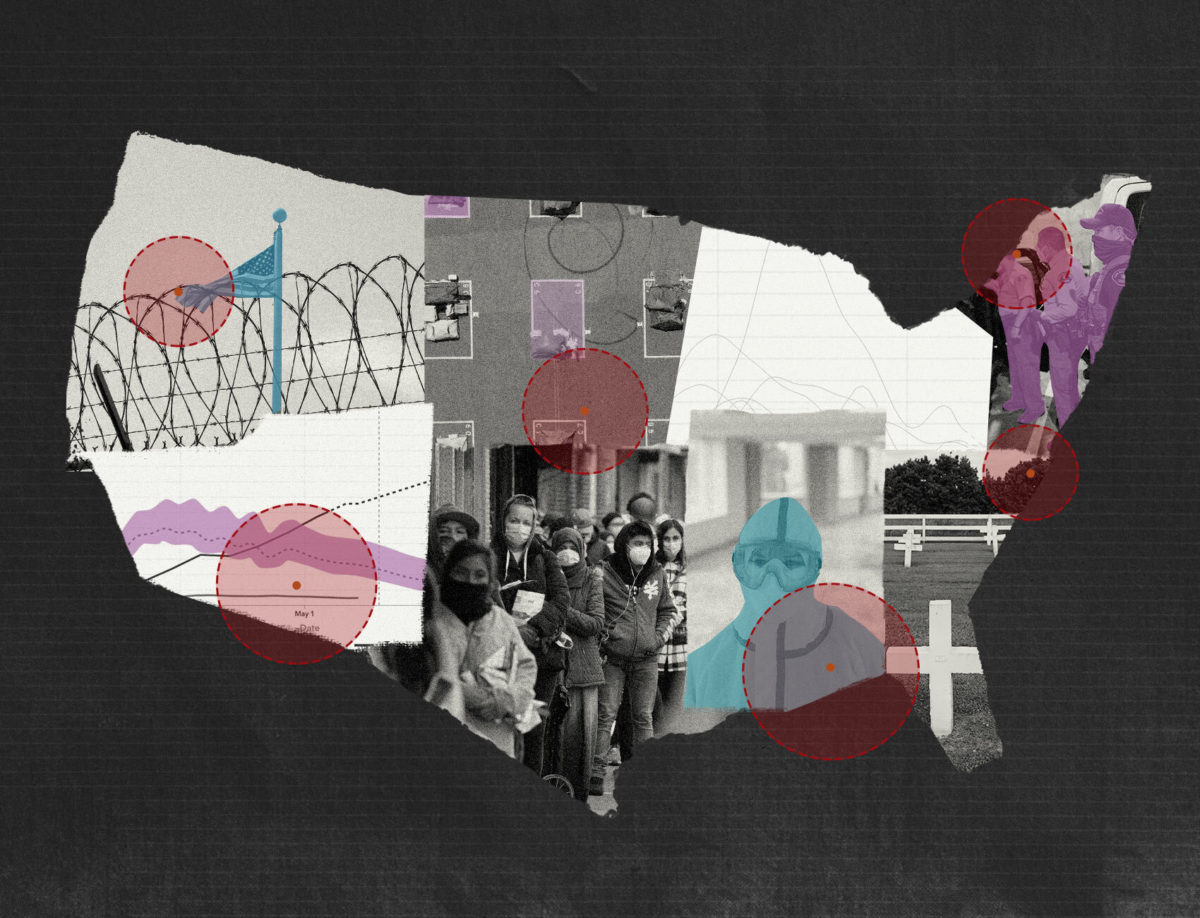
Despite early warnings, jails and prisons have seen a rapid spread of the virus—a humanitarian disaster that puts all of our communities, and lives, at risk. Every day, The Appeal examines the scale of the crisis, numbers of infected and dead, around the nation.

Despite early warnings, jails and prisons have seen a rapid spread of the virus—a humanitarian disaster that puts all of our communities, and lives, at risk. Every day, The Appeal examines the scale of the crisis, numbers of infected and dead, around the nation.
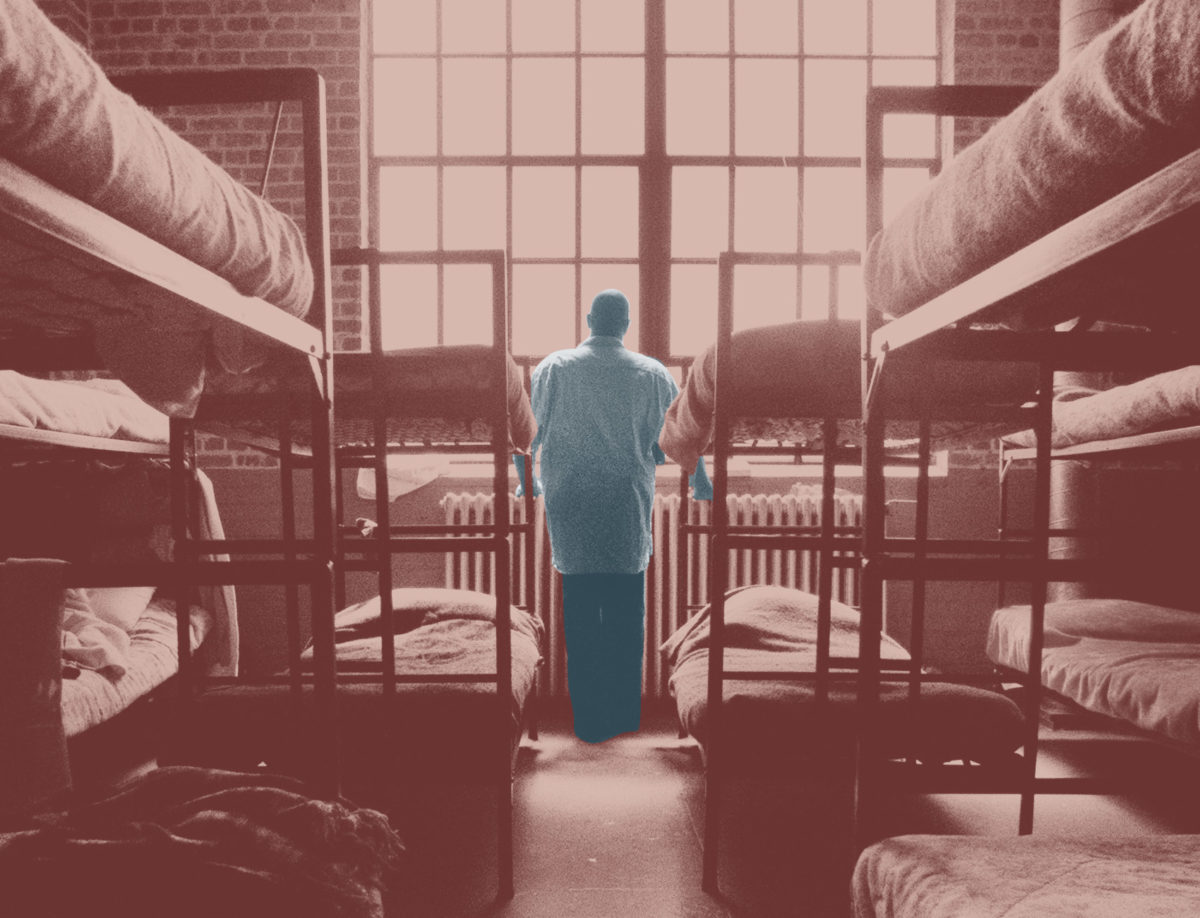
“My dad, he’s part of the vulnerable population. If I think about it, it becomes really, really, really scary. So to be completely honest, I’m trying not to think about it.”

Despite early warnings, jails and prisons have seen a rapid spread of the virus—a humanitarian disaster that puts all of our communities, and lives, at risk. Every day, The Appeal examines the scale of the crisis, numbers of infected and dead, around the nation.

Despite early warnings, jails and prisons have seen a rapid spread of the virus — a humanitarian disaster that puts all of our communities, and lives, at risk. The Appeal examines the scale of the crisis, numbers of infected and dead, around the nation.
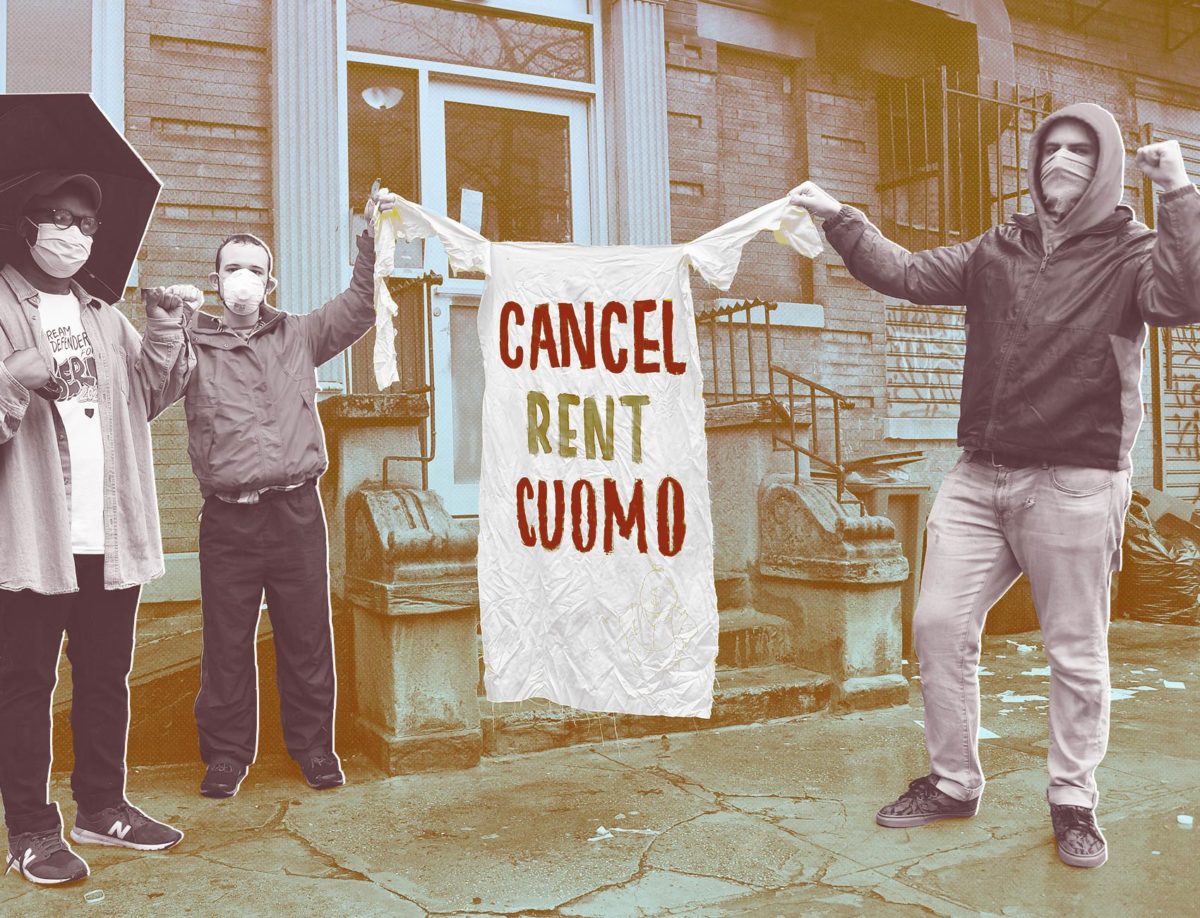
Expansion of an existing federal rental subsidy program, the Housing Choice Voucher, could stabilize housing for millions of households.
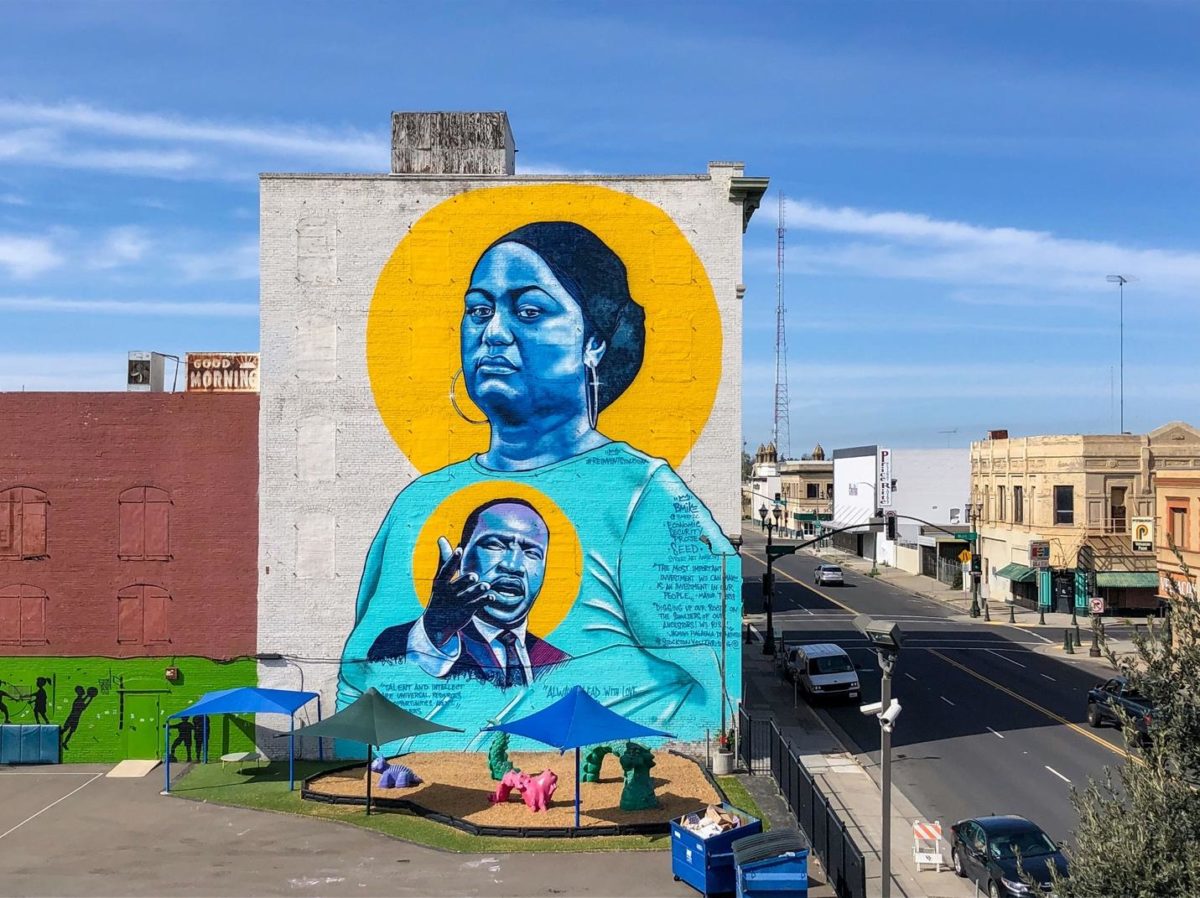
The pandemic is making it clear that it’s time to radically rethink the social contract.
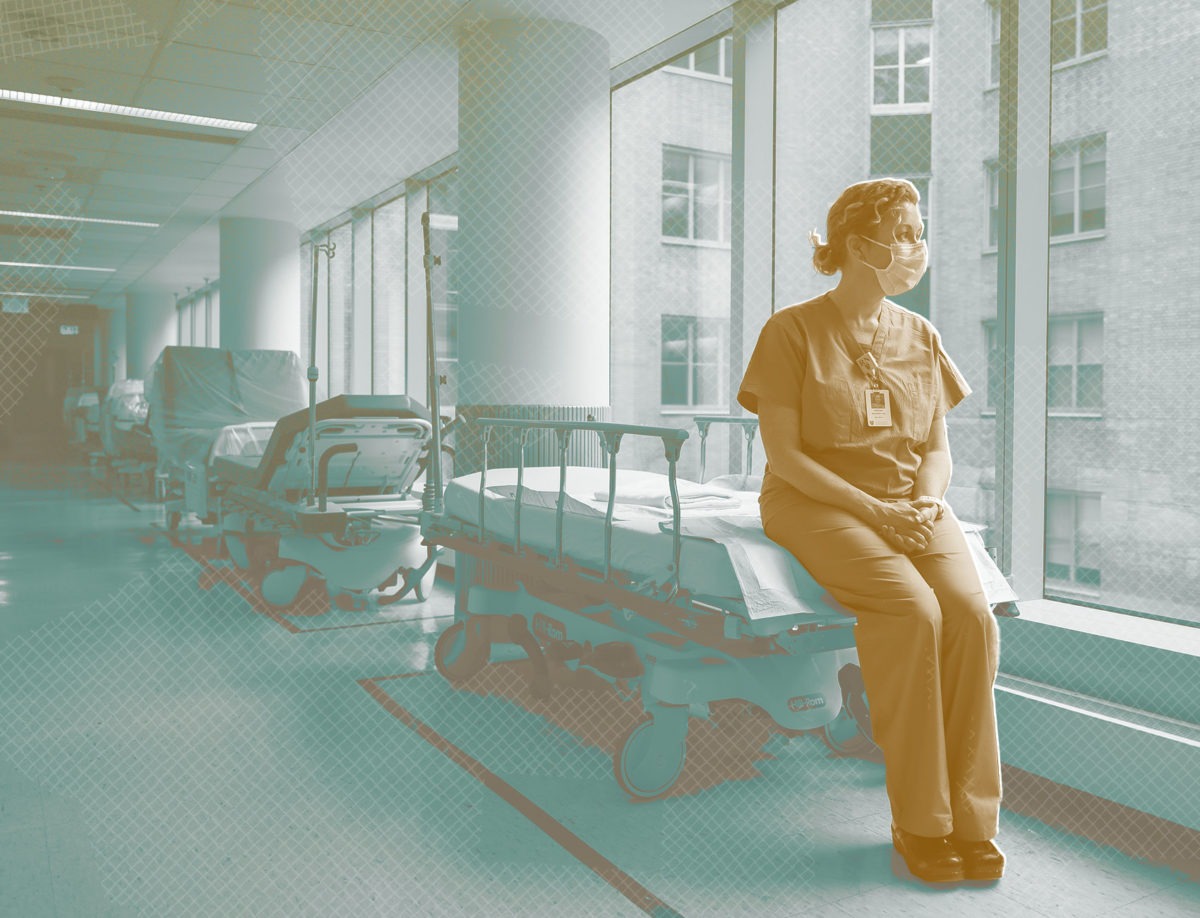
An overwhelming majority of Americans support the federal government paying all healthcare costs for the duration of the coronavirus emergency.
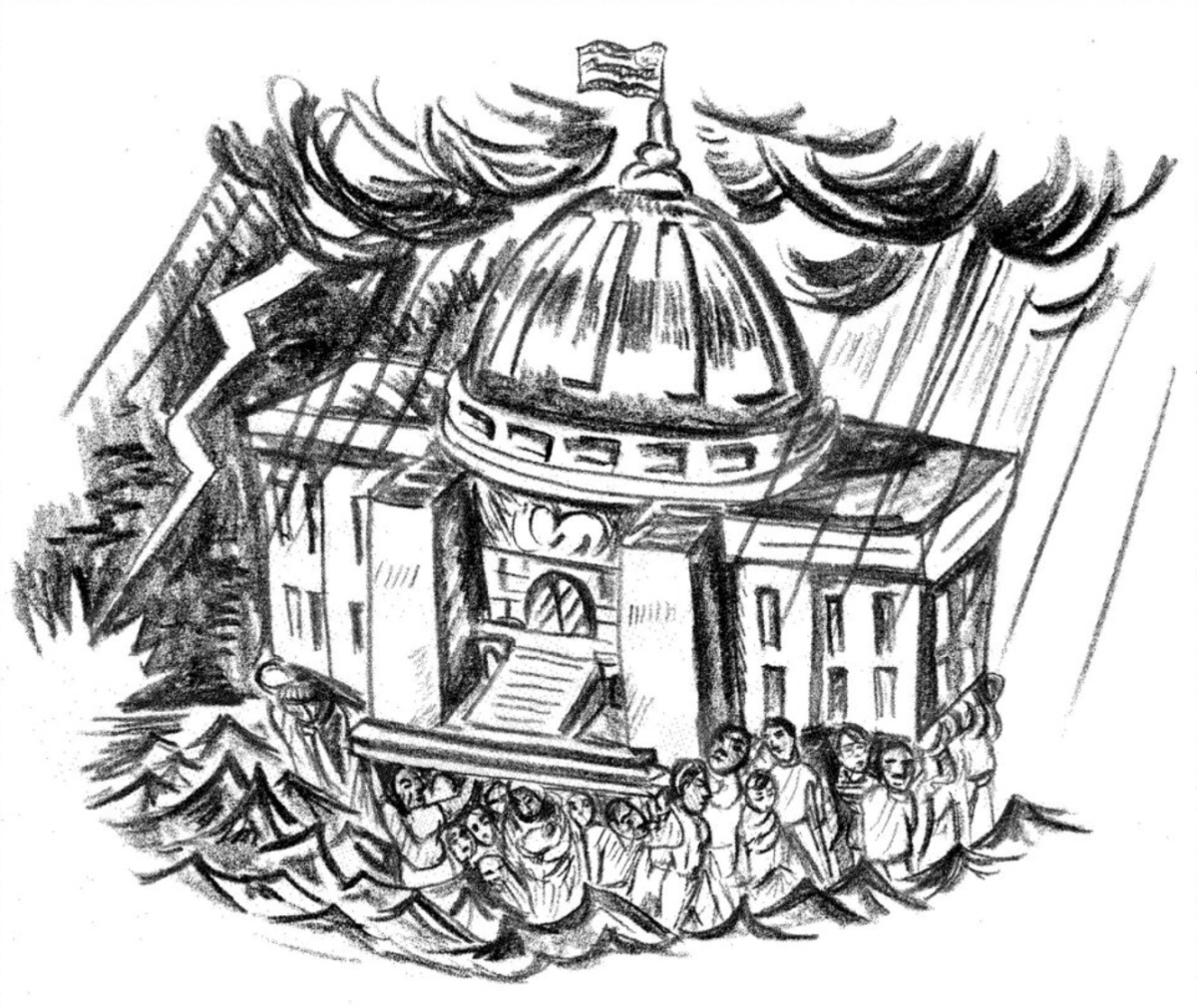
There are certain universal human needs that any governing structure — from local to federal — is responsible for. Among these are housing, healthcare, education, public parks, clean water, and clean air — the things that make life beautiful. These needs touch every single living being and as such, are non-negotiable. They do not belong on the open market.
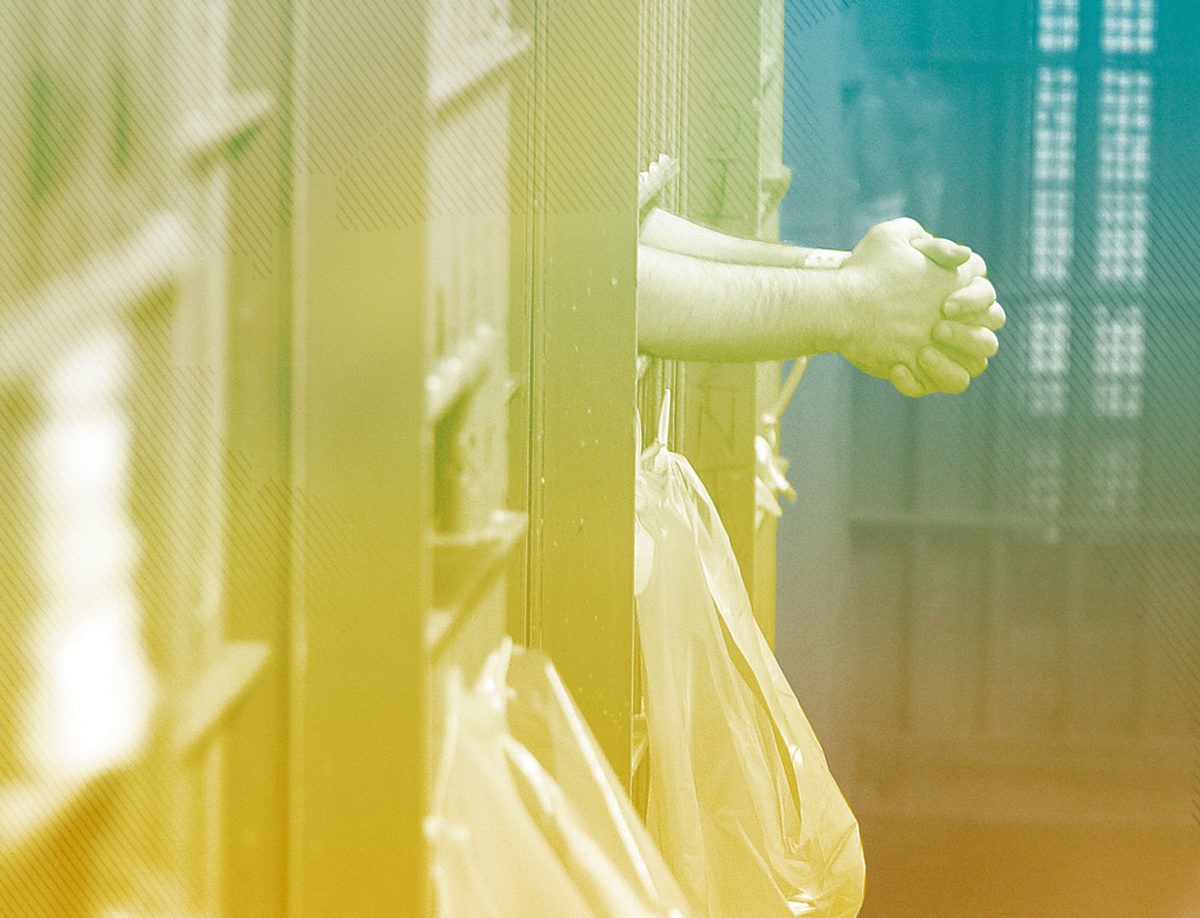
The current coronavirus crisis underscores our urgent need to look hard at our pretrial justice system. Eliminating money bail is a necessary first step.

People behind bars are too often forgotten and treated as expendable. We cannot afford to forget them. Our shared survival and shared humanity demand action.
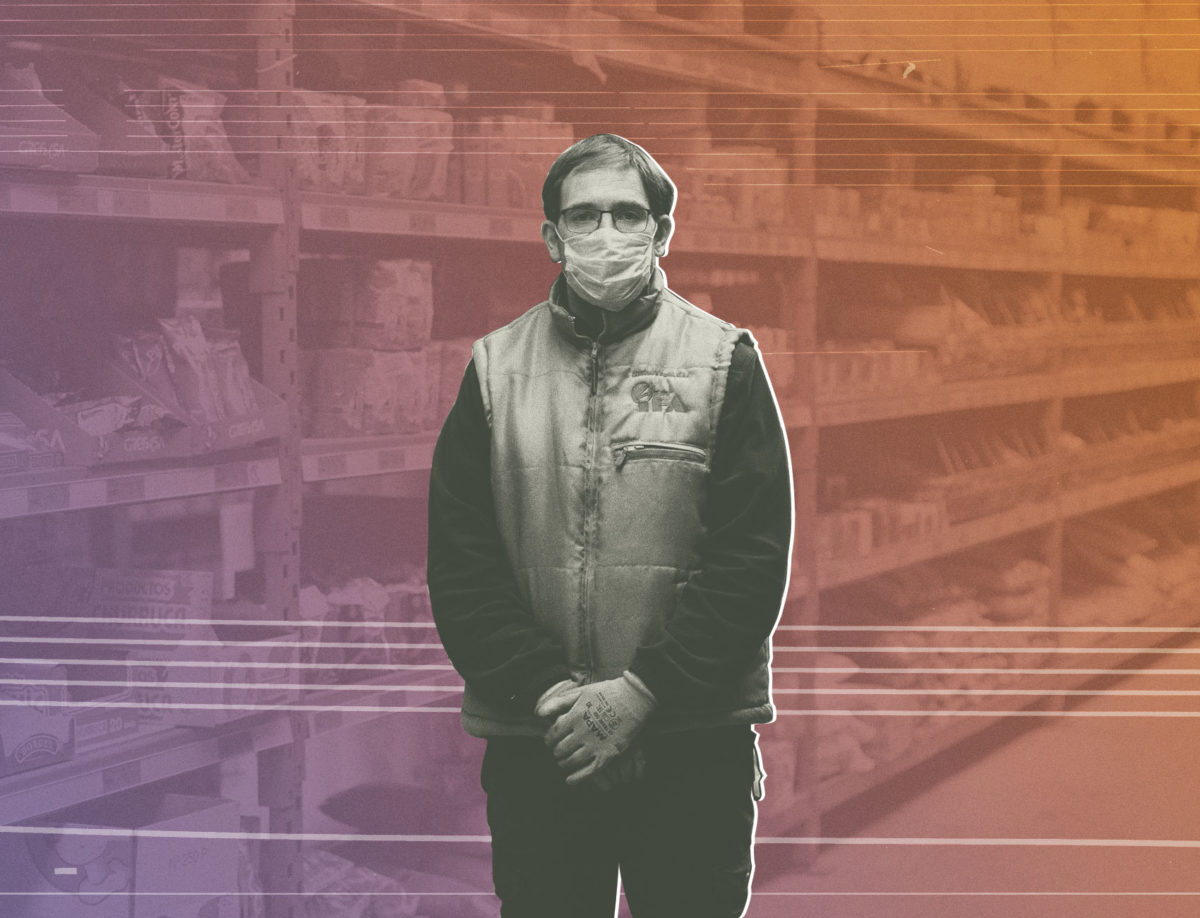
They make roughly half the average national income, and they’re at risk of COVID-19 exposure as they continue to work to ensure shelves are restocked and communities fed.

‘They’re not supplying us with masks, they’re not supplying us gloves, they’re not supplying us with decent cleaning supplies.’
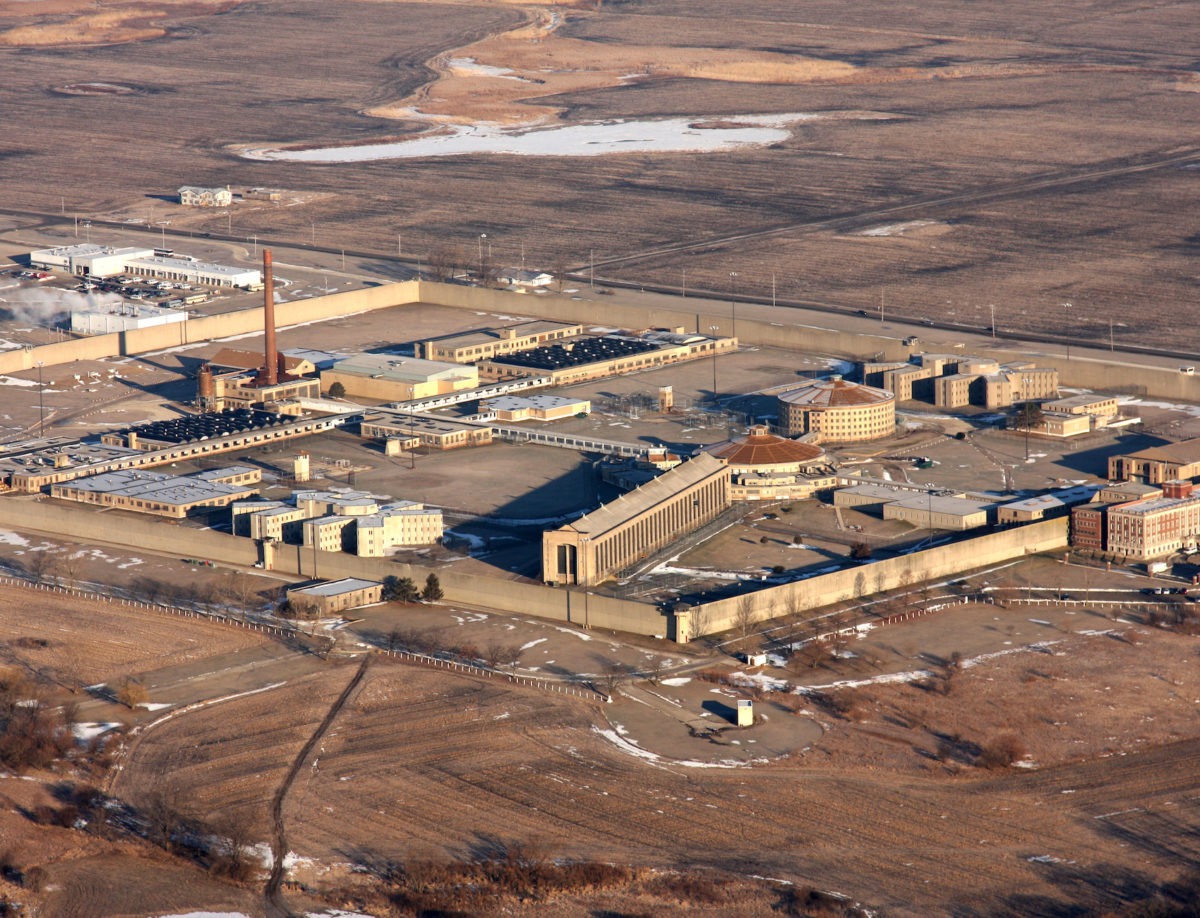
It took a prisoner’s death ‘just for them to pass out a single extra bar of soap,’ one incarcerated man said.
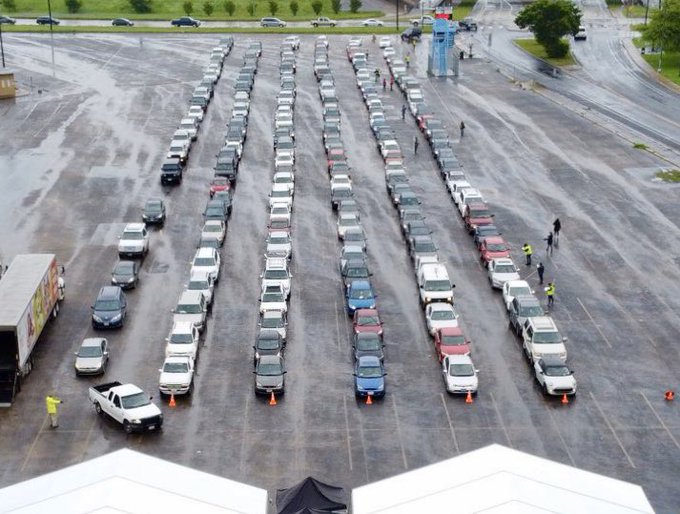
In Austin and across the country, service providers are dealing with spikes in demand, new logistical challenges, and mounting uncertainty about the months ahead.
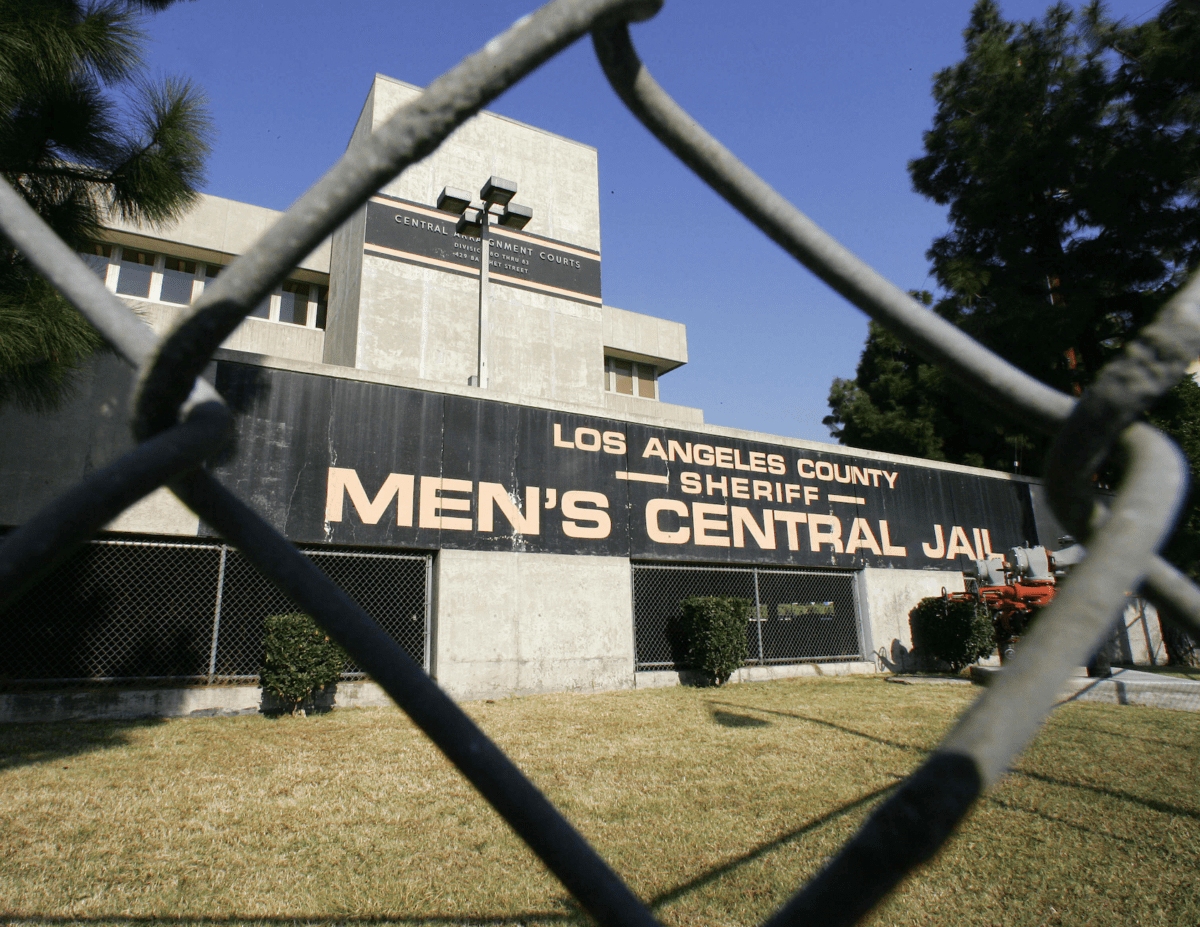
Bail will be set at $0 for most misdemeanors and low-level felony offenses.
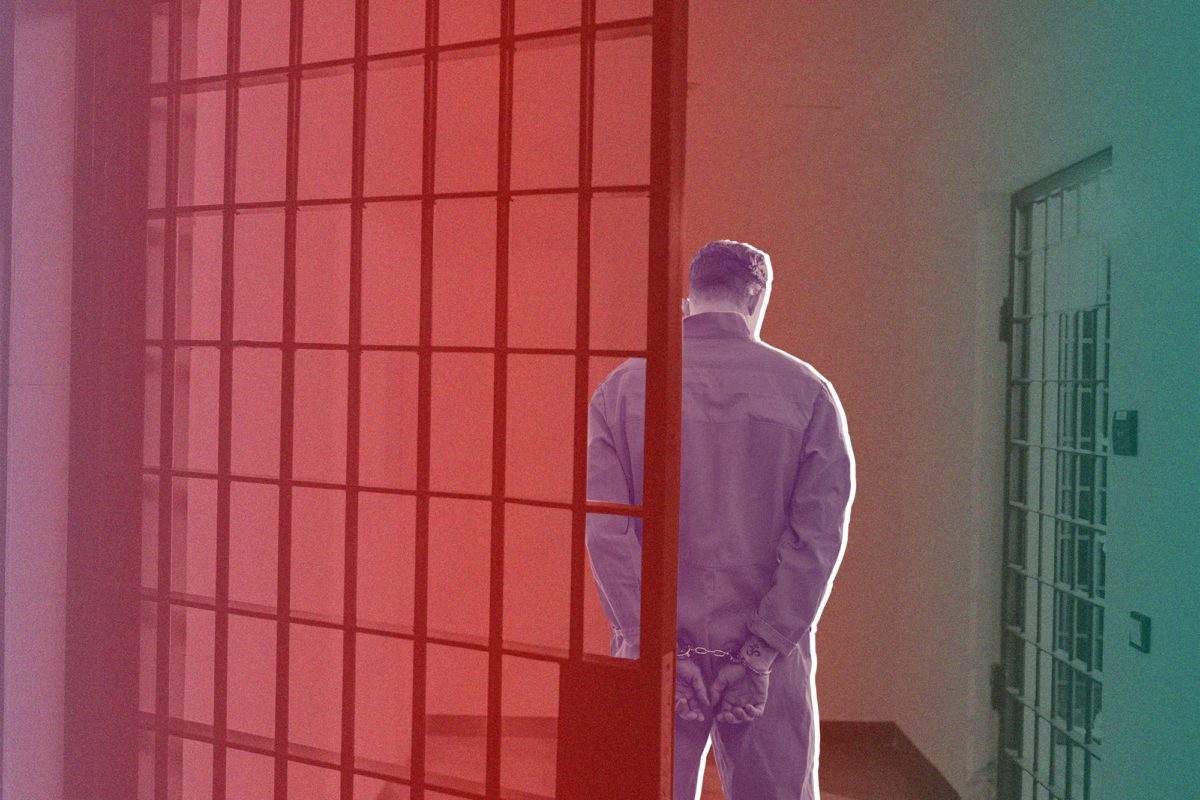
Incarcerated people, corrections officers, and their families and communities are bound together by the threat of a deadly and fast-moving disease. The sooner we recognize this, and take decisive action, the more lives we will save.
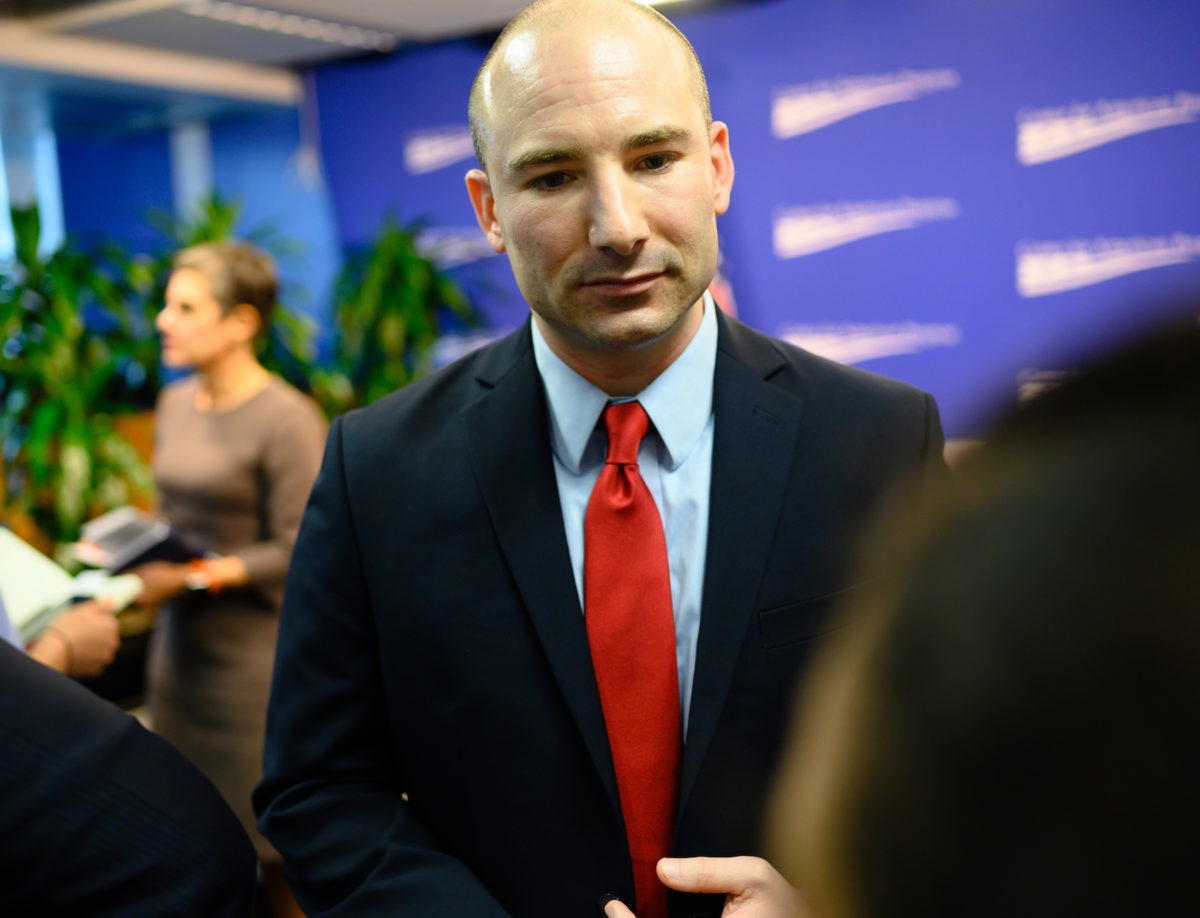
Public defenders in Fairfax County say their clients are being sent into harm’s way.
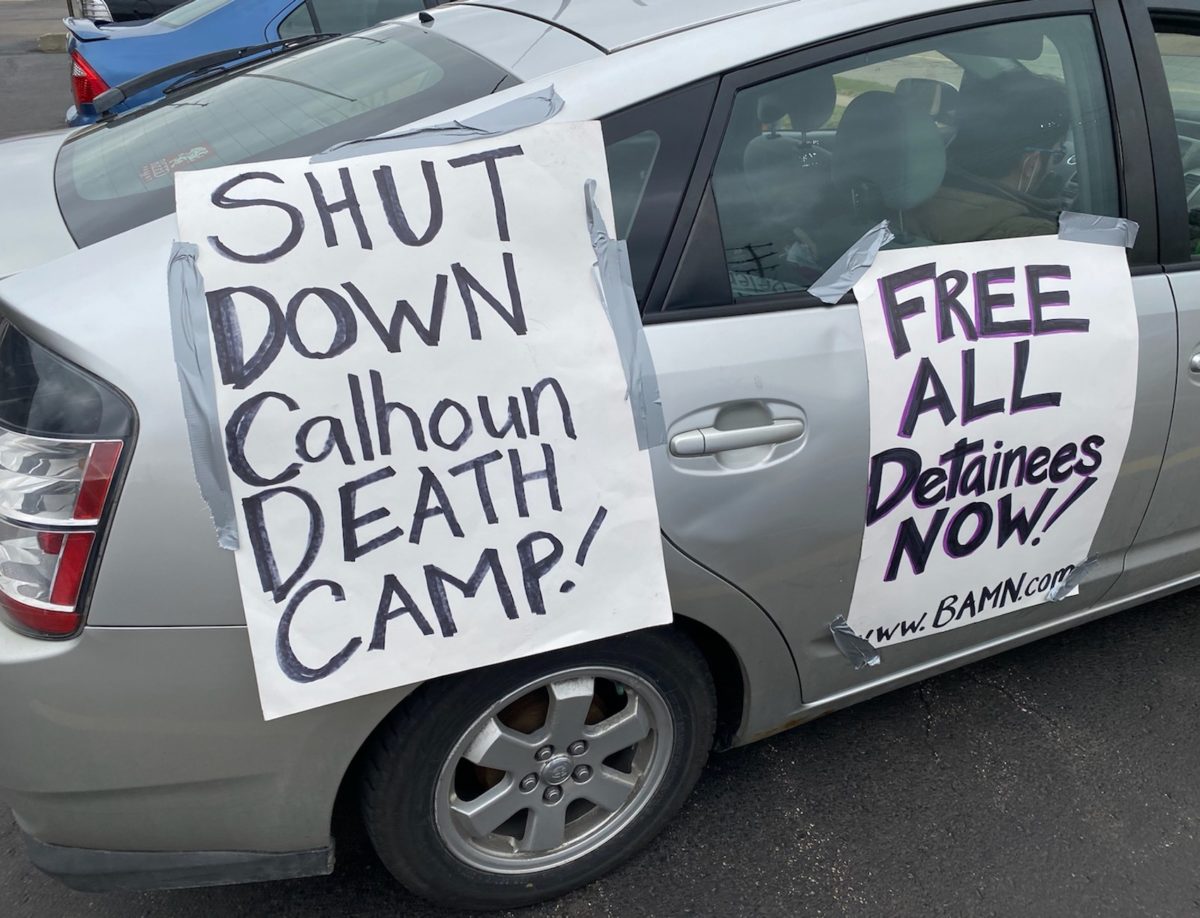
ICE has adopted no policies aimed at releasing any of the 38,000 people it keeps in county jails and private detention centers across the country.
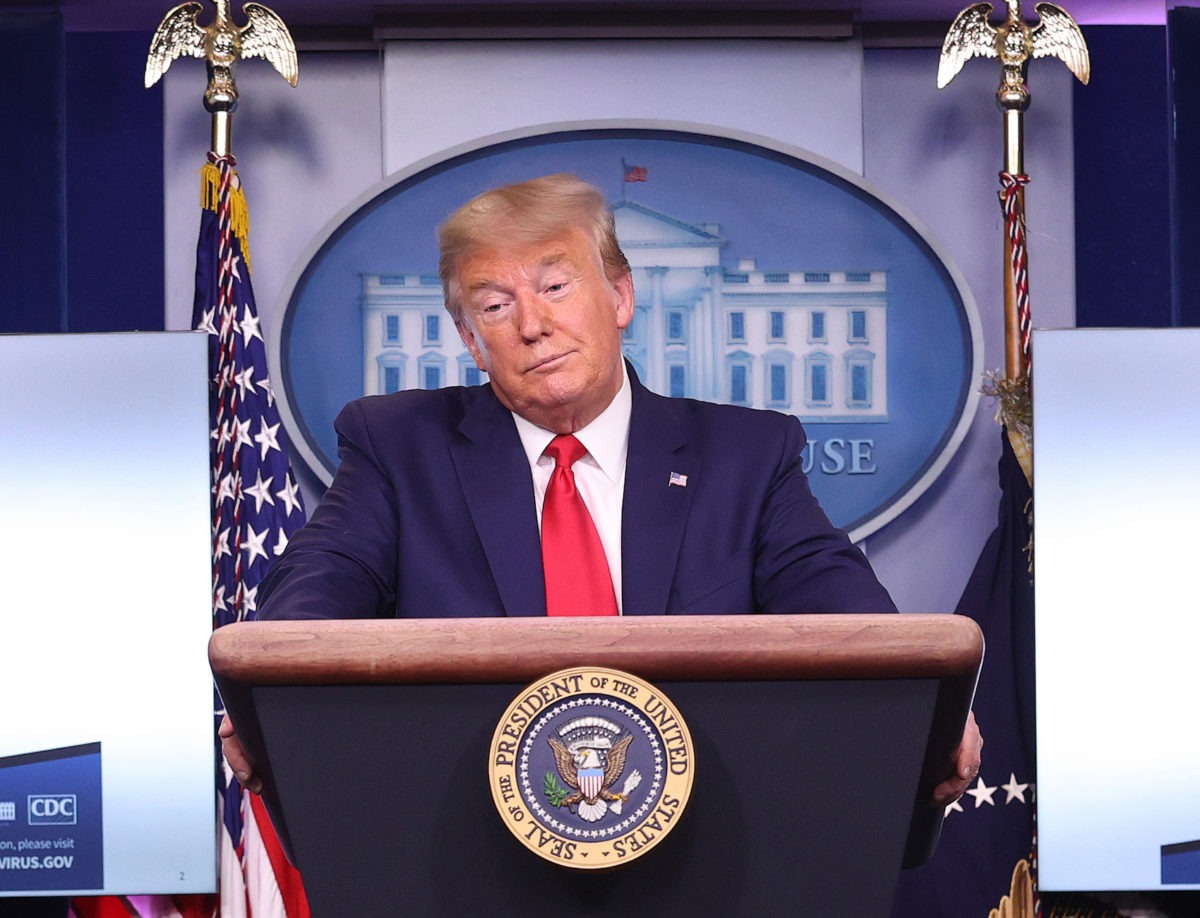
There are no good reasons for the president to keep vulnerable people behind bars any longer.
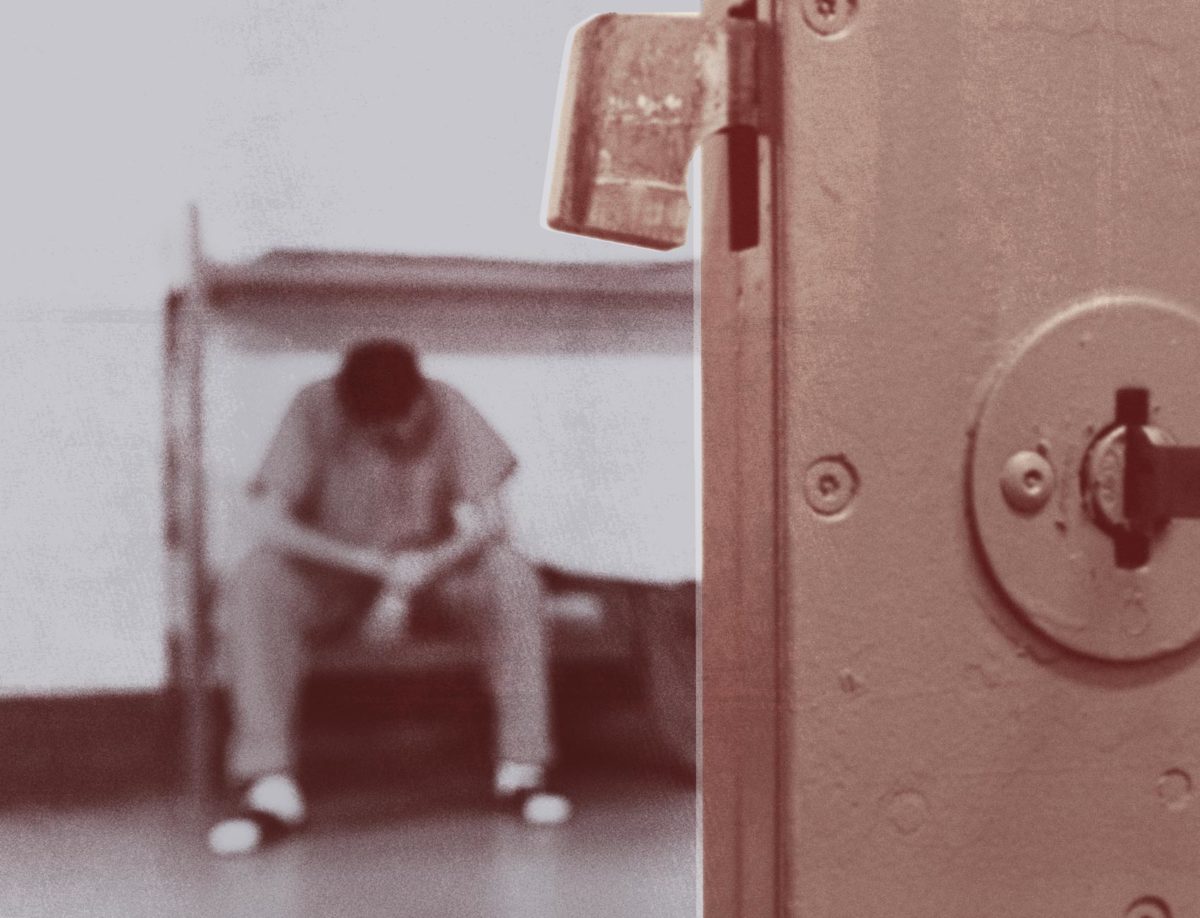
Decisive action by governors and the President now can save lives — of incarcerated people, correctional and medical personnel, and nearby community members. Business as usual will not.
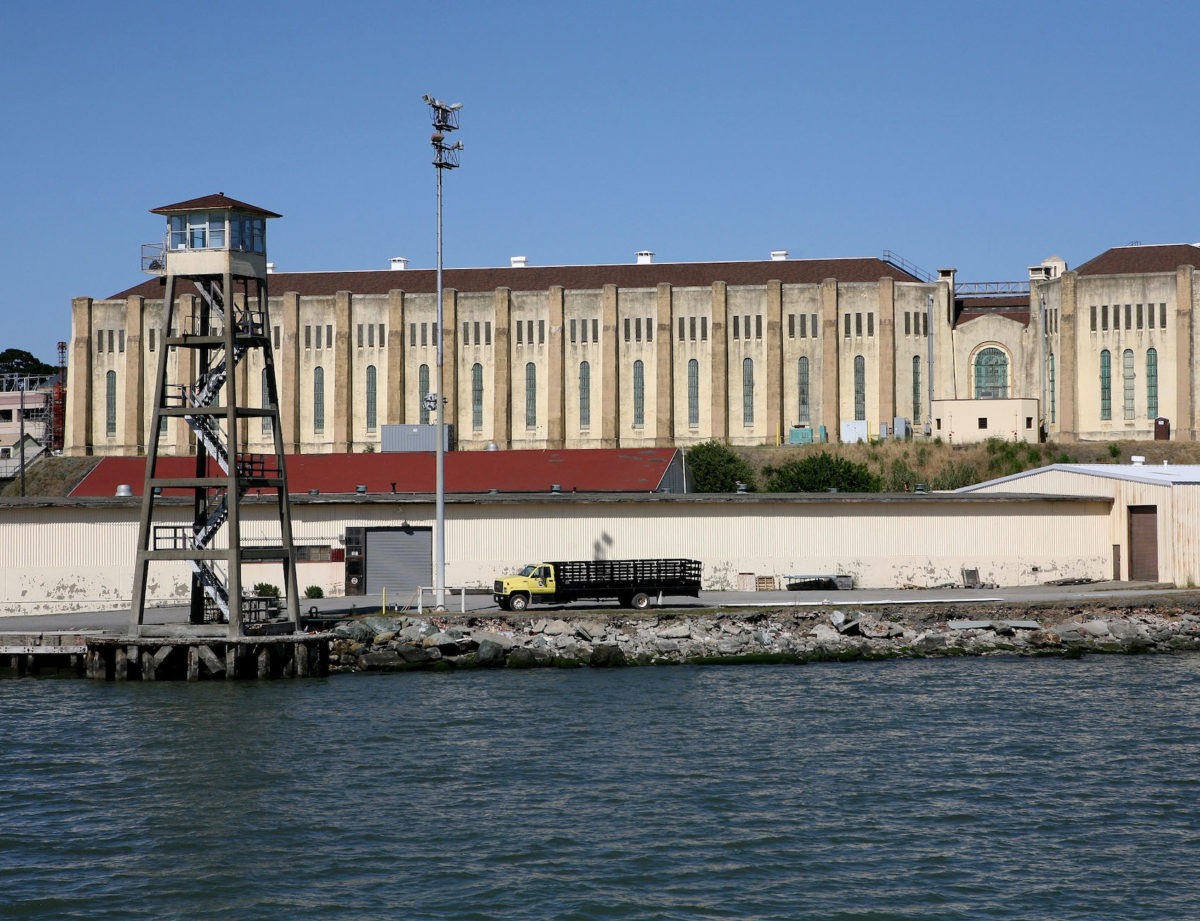
“They are treating it like any epidemic in prison—that is to isolate, treat and then release back to the population.”
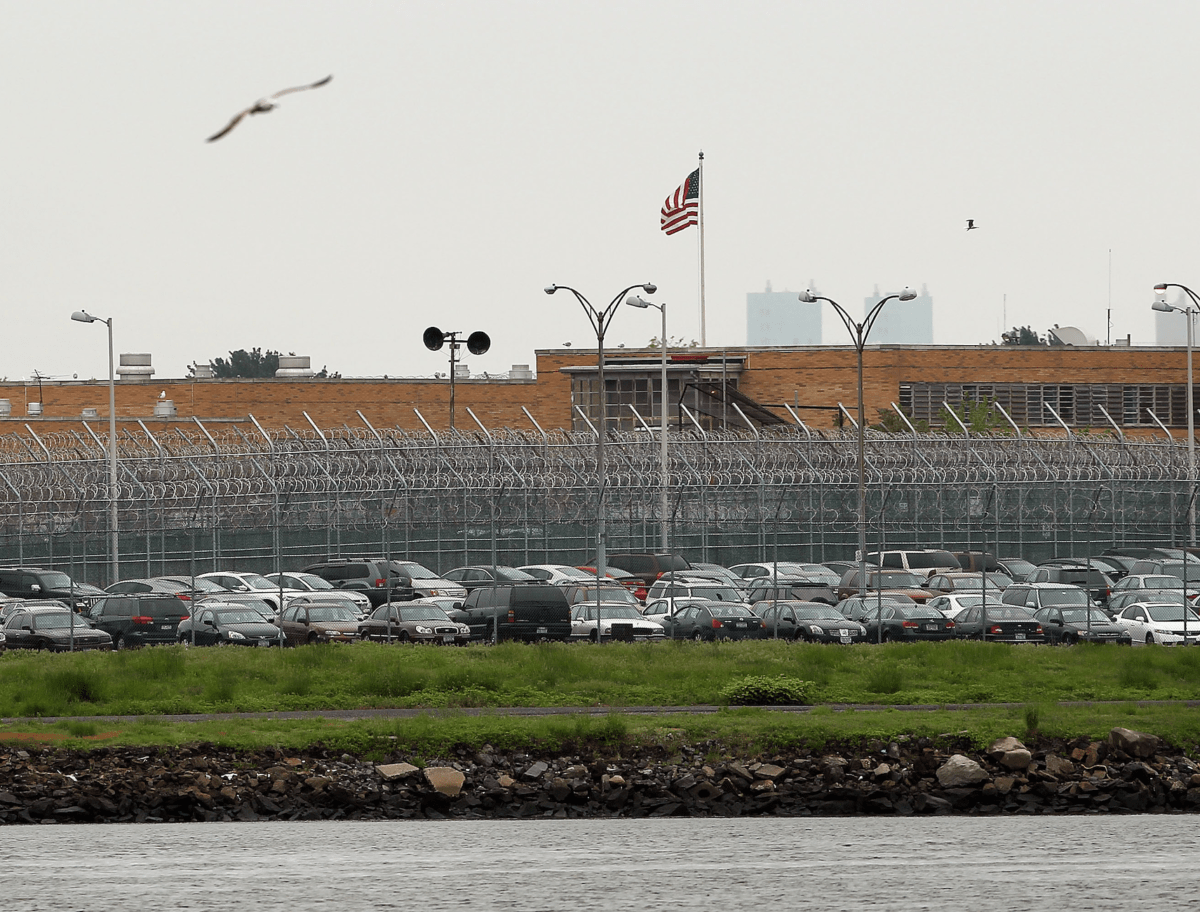
“Based on this analysis, New York City jails have become the epicenter of COVID-19,” a Legal Aid attorney said.
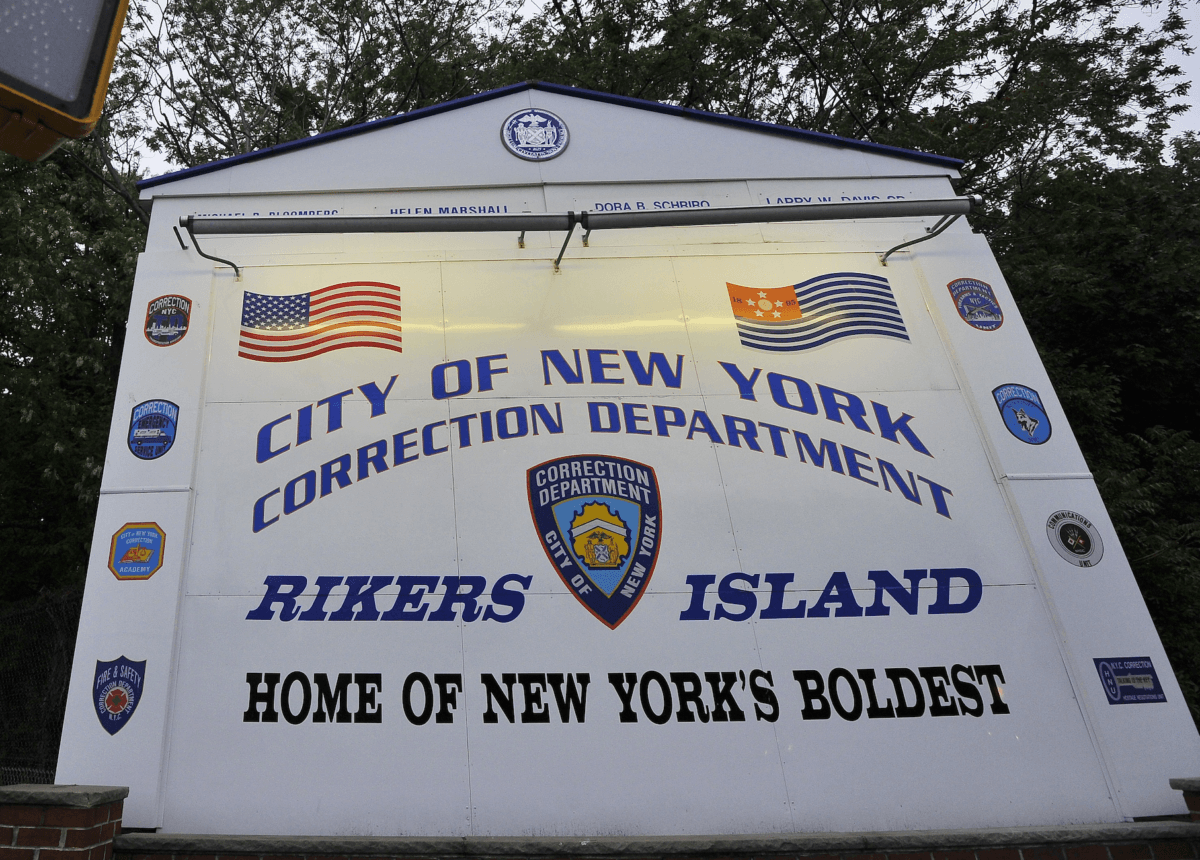
“The doctors said they were going to come and do screenings every day, but for the past two days, they’ve just come into the dorm and stood by the front door and yelled, ‘Does anybody have any symptoms?’”